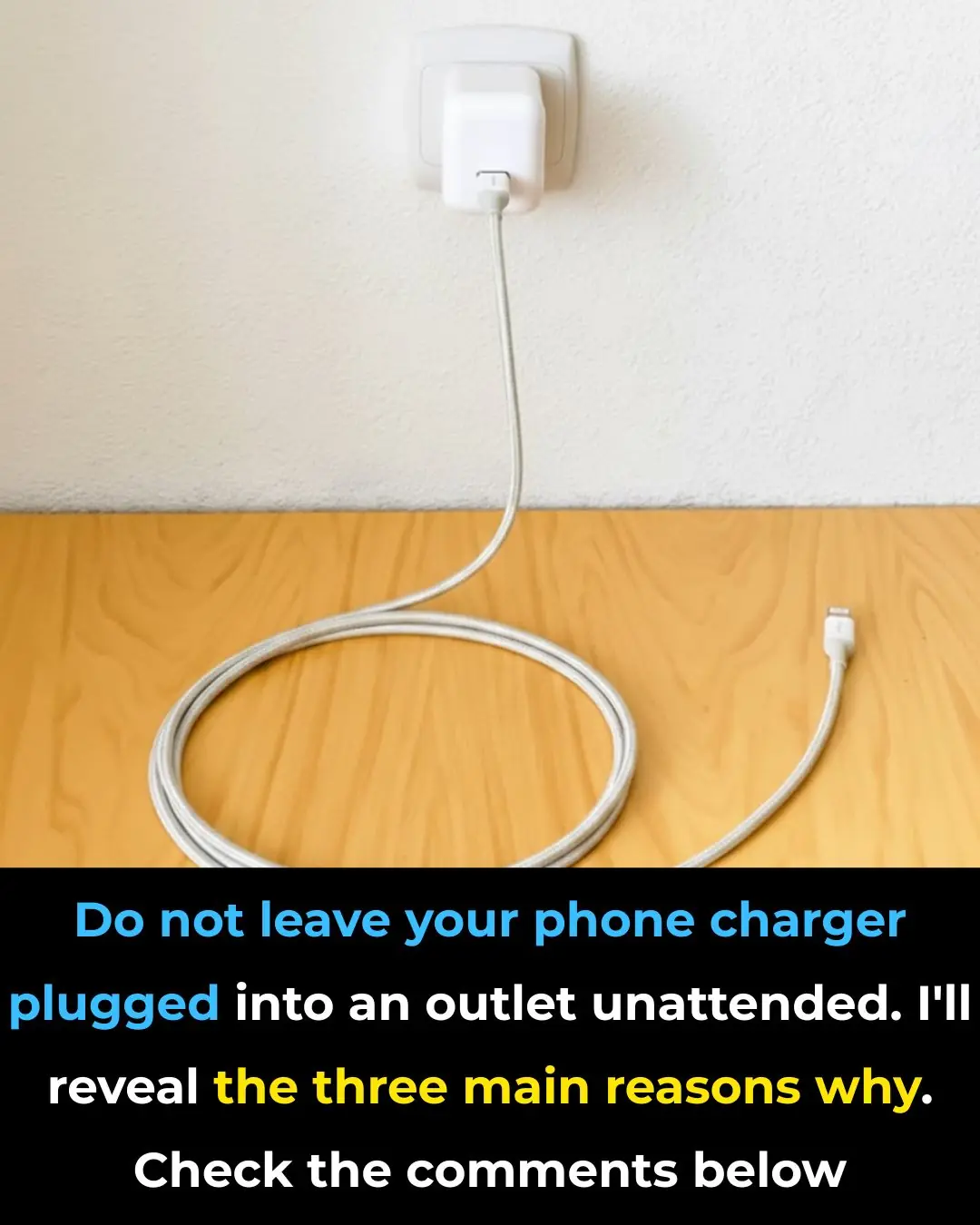
7 Ways to Deal With A Cheating Husband

Discovering that your husband has been unfaithful is a devastating and disorienting experience. Whether the revelation comes as a shocking surprise or validates a gnawing suspicion, betrayal at this level can shake you to your core and leave you questioning everything—from your relationship to your sense of self.
If you’re facing this painful reality right now, take a deep breath. Pause. Know that your emotions are valid, and you are not alone. Millions of women have walked this difficult path and come out stronger on the other side.
This guide is here to offer practical, compassionate guidance to help you begin to heal, make empowered decisions, and reclaim your sense of control—whatever direction your journey takes.
1. Avoid Making Any Rash Decisions
When betrayal hits, it’s natural to feel a wave of intense emotions: rage, grief, confusion, fear, shame—even numbness. These reactions are completely normal, but this emotional storm isn’t the best time to make life-altering choices.
Don’t rush to pack a bag, file for divorce, or tell everyone you know. Give yourself the gift of space and time to simply feel. Cry if you need to. Scream into a pillow. Journal. Sit in silence. Do whatever helps you process.
Right now, your job isn’t to fix everything—it’s to take care of your heart.
Reminder: You’re allowed to pause. You don’t need to have all the answers today.
2. Seek to Understand—Not Excuse—What Happened
At some point, if and when you feel emotionally ready, you may find it helpful to understand why the affair happened. This isn’t about justifying his choices—but gaining insight into the state of the relationship can help bring clarity and direction.
Ask yourself (and eventually him, if you choose to talk):
-
Was there emotional distance or unresolved conflict?
-
Was he struggling with personal issues, insecurities, or addiction?
-
Were there signs of dissatisfaction that weren’t addressed?
Understanding the context behind the betrayal can help you see the full picture and decide what healing might look like for you. But remember—the responsibility for infidelity is his, not yours.
Important: Insight is for your clarity, not his absolution.
3. Communicate with Intention—Not Out of Impulse
If you choose to have a conversation with your husband about the betrayal, aim to express yourself honestly, but calmly. This is one of the hardest things you may ever do—but it can also be one of the most powerful.
Focus on communicating how his actions affected you:
-
Use “I” statements instead of blame (“I feel devastated” vs. “You ruined everything”)
-
Share your emotions honestly, but try not to lash out
-
Set the tone for the kind of healing—if any—you might be open to
This conversation may lead to deeper dialogue, or it may confirm your decision to move on. Either way, let it be grounded in your truth, not just your pain.
Tip: Write down what you want to say beforehand if you’re feeling overwhelmed.
4. Don’t Isolate Yourself—Reach Out for Support
Infidelity can feel isolating, even shameful—but you don’t have to carry this burden alone. Confide in someone you trust—a close friend, a therapist, a family member, or even a support group.
Talking things through out loud can provide:
-
Emotional validation
-
Fresh perspective
-
Practical support for decisions and next steps
Professional counseling can be life-changing, whether you attend individually or as a couple. It offers a safe space to explore your emotions, process the trauma, and get guidance tailored to your needs.
You are not weak for needing help. You are human.
5. Prioritize Your Mental, Emotional, and Physical Health
Heartbreak doesn’t just live in the mind—it affects your entire being. Right now, self-care is not a luxury; it’s your lifeline.
Some practical ways to take care of yourself:
-
Try to get consistent, restorative sleep—even if it means using calming music, sleep apps, or melatonin
-
Eat nourishing meals, even if your appetite is low
-
Move your body gently—walks, yoga, or stretching can help release emotional energy
-
Avoid numbing behaviors like excessive drinking, social media spirals, or isolation
Also: make time for pleasure, even in small doses—listen to music you love, get sunlight on your skin, or watch a comforting movie. These acts of kindness toward yourself are acts of reclaiming power.
Remember: You matter. Your well-being is not secondary to anyone else's decisions.
6. Establish Firm Boundaries to Protect Your Healing
If you’re considering staying in the relationship, or even just continuing communication, boundaries are essential—for your emotional safety and for any possibility of rebuilding trust.
Boundaries may include:
-
No contact with the other person involved
-
Full transparency with phone, messages, and whereabouts
-
A separation period to allow space for reflection
-
Mandatory counseling or therapy
If he’s unwilling to respect your boundaries, that’s an important signal. Rebuilding trust takes consistent effort, accountability, and a willingness to face discomfort.
Boundaries aren’t ultimatums—they’re self-respect in action.
7. Give Yourself Permission to Seek Closure—In Your Own Way
Sometimes, despite effort, healing doesn’t mean reconciliation. If trust cannot be restored, or if you no longer feel safe, valued, or connected in the relationship, it may be time to consider letting go.
This can be heartbreaking—but it can also be liberating.
Ending a marriage doesn’t mean failure. It means you are choosing your peace, your dignity, and your future. Closure can be found in therapy, in a final conversation, or in your own quiet decision to move forward without needing every answer.
You deserve to feel whole again. You deserve a future that feels safe.
Final Thoughts: You Are Not Defined by This Moment
Navigating the emotional aftermath of infidelity is one of life’s most challenging experiences. It’s okay to feel broken. It’s okay to grieve. And it’s okay to be unsure of what comes next.
But don’t forget this:
-
You are not weak for hurting
-
You are not foolish for loving
-
And you are not alone in this journey
Whether you choose to rebuild your relationship or walk away entirely, you are allowed to make the decision that best supports your healing. Give yourself the grace to move at your own pace.
You are resilient. You are worthy of love and honesty. And you will get through this—one breath, one step, one day at a time.
News in the same category


If a Man Doesn’t Appreciate You, Here’s What You Should Do

When a woman stops loving a man, she begins…

5 hygiene mistakes that many people make... but no one dares to talk about...

What does this gesture mean?

Is Too Much Rice Harming Your Health

Has This Ever Happened to You? The Strange Phenomenon That Freezes You in Your Sleep

Some people are only now realizing what the “WC” sign stands for on washrooms

Unbelievable Discovery: Praying Mantis Eggs Found in Christmas Tree

10 Safest Places to Be if World War III Erupts

Polylaminin: Could This Breakthrough Help Heal Spinal Cord Injuries?

Global AWS Outage Disrupts Major Apps and Airlines, Exposing the Internet’s Fragile Backbone

4 types of ornamental plants that easily cause allergies and poisoning in children, parents should consider before planting

Most Attractive Hobby a Man Can Have According to Women

Make Your Sausages Juicier and More Flavorful With This One Simple Step Before Cooking

Don’t Leave Your Phone Charger Plugged In

These Wax Worm Caterpillars Can Eat & Digest a Plastic Bag in Just One Day

AI Laser Zaps 30 Mosquitoes Per Second from 6 Meters Away

What Is Frank’s Sign
News Post

Sugar Apple (Annona squamosa): A Sweet Fruit with Powerful Health Benefits

If you find a centipede at home, here is what it means...

Why We Feel That Little Electric Sh0ck When We Touch Another Person—Science Explains

If a Man Doesn’t Appreciate You, Here’s What You Should Do

25 Worrying Signs Your Body Is Trying to Warn You of Serious Health Problems (and What to Do About Them)

The Hidden Power of Lactuca serriola Root (Prickly Lettuce Root)

Why You Should Stop Waking Up to Urinate

4 types of vegetables are full of parasites but many people still eat them raw every day

Hidden Dangers in Your Mouth: Early Signs of Oral Cancer

Maple Trees from Root to Crown: A Complete Guide to Every Edible Part

7 Signs of Arthritis You Shouldn't Ignore

California Poppy: Nature’s Gentle Remedy for Relaxation and More

What is its purpose. see details

When a woman stops loving a man, she begins…

5 hygiene mistakes that many people make... but no one dares to talk about...

Don't make the mistake of throwing away tea bags. see more

🪟 Vinegar Is the Key to Streak-Free Windows & Shiny Surfaces — But Most People Use It Wrong

When your liver is bad, these parts start to hurt

Euphorbia Hirta: 30 Benefits and How to Use It Safely
